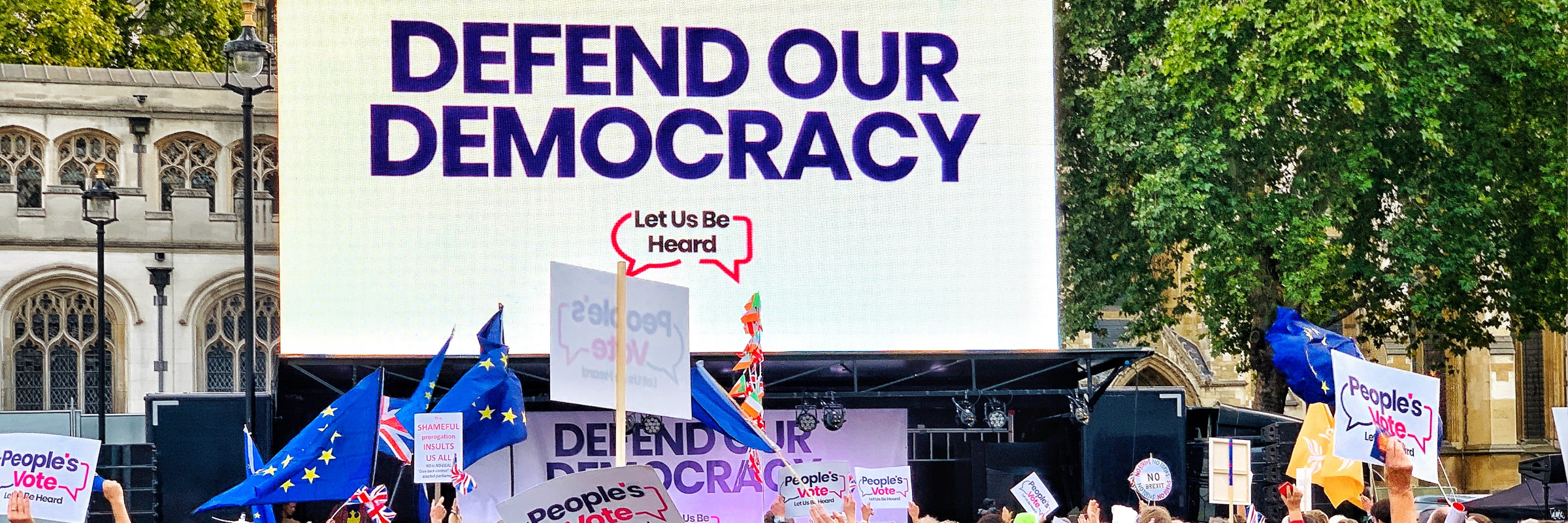Democracy Day 2022 is almost here. MuckRock is excited to be one of an ever-growing list of organizations taking part in the coordinated initiative on September 15, spearheaded by the Center for Cooperative Media at Montclair State University.
Launched to spread awareness associated with the ongoing threats to democracy, Democracy Day provides an opportunity to demonstrate the importance of public records laws as an accountability tool. We have a great primer on public records to help get started, but to support other newsrooms digging into these important issues we wanted to dig up other examples and inspiration for local requests.
One important but complex area for requesting: Cyber attacks. Colleen Long and Christina Cassidy, writing for The Associated Press, point out the complexity facing elections officials in these instances in 2019:
“Election officials are in a difficult spot: If someone else’s voting system is targeted, they want to know exactly what happened so they can protect their own system. Yet when their own systems are targeted, they may be cautious about disclosing details. They must balance the need for openness with worries over undermining any criminal investigation. And they want to avoid chaos or confusion, the kind of disruption that hackers want.”
As they attempt to find this balance, it makes for a messy situation for state officials and their residents. Former BuzzFeed News cybersecurity correspondent Kevin Collier wrote about the lack of follow-up briefings requested by half of the 21 states identified as being targeted by Russian hackers during the 2016 election cycle. His reporting showed that even though states were notified of attempts on their elections systems, the script being used by representatives from the Department of Homeland Security provided little to pique the interest of officials.
The Hill’s Julia Manchester highlighted a South Carolina State Election Commission report published in April 2017 used in reporting by the Wall Street Journal to call attention to more than 150,000 attempts, mostly by automated bots, to unsuccessfully infiltrate elections systems there.
This leads to a desire to make sure future elections don’t face that potential disruption, but that’s harder if you are running older operating systems more prone to vulnerabilities. Tami Abdollah was able to look at systems running Windows 7 in Pennsylvania and Arizona during the 2020 election cycle.
Regardless of whom files the initial request, the mere act of doing so helps maintain accountability for the public good. When those requests are not responded to or fulfilled in a timely manner, it gives us a reason to question why. We’ve most recently seen this in Wisconsin this summer as Scott Bauer and Kathleen Foody reported on a state judge finding Michael Gableman, a former state Supreme Court justice, in contempt for not replying to requests from the watchdog organization American Oversight.
What’s possible when you leverage the power of open records laws to shine a light on an issue? We are looking forward to helping participants find out.
We are providing interested Democracy Day participants with the ability to file requests related to their reporting free of charge. We’re also planning on sharing the reporting that results from the effort with those who follow us on our social media platforms and via a roundup on our site.
We believe in making sure as many people as possible are equipped to help keep an eye on the democratic process. We’re excited to see what results from this and subsequent coordinated efforts to do so.
Header image by Garry Knight and licensed in the public domain.


